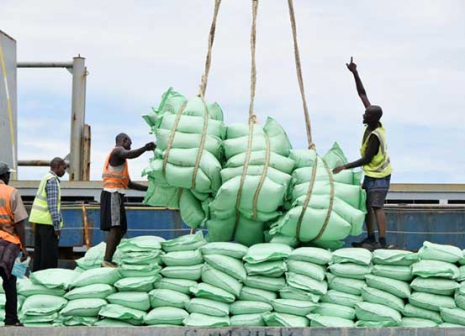×
The Standard e-Paper
Smart Minds Choose Us

The National Treasury has cut back tax revenue projections by Sh60 billion in the wake of subsidies introduced this financial year.
Treasury in its latest projection expects Kenya Revenue Authority (KRA) to now raise Sh1.439 trillion, down from Sh1.499 trillion spelled out in the budget.